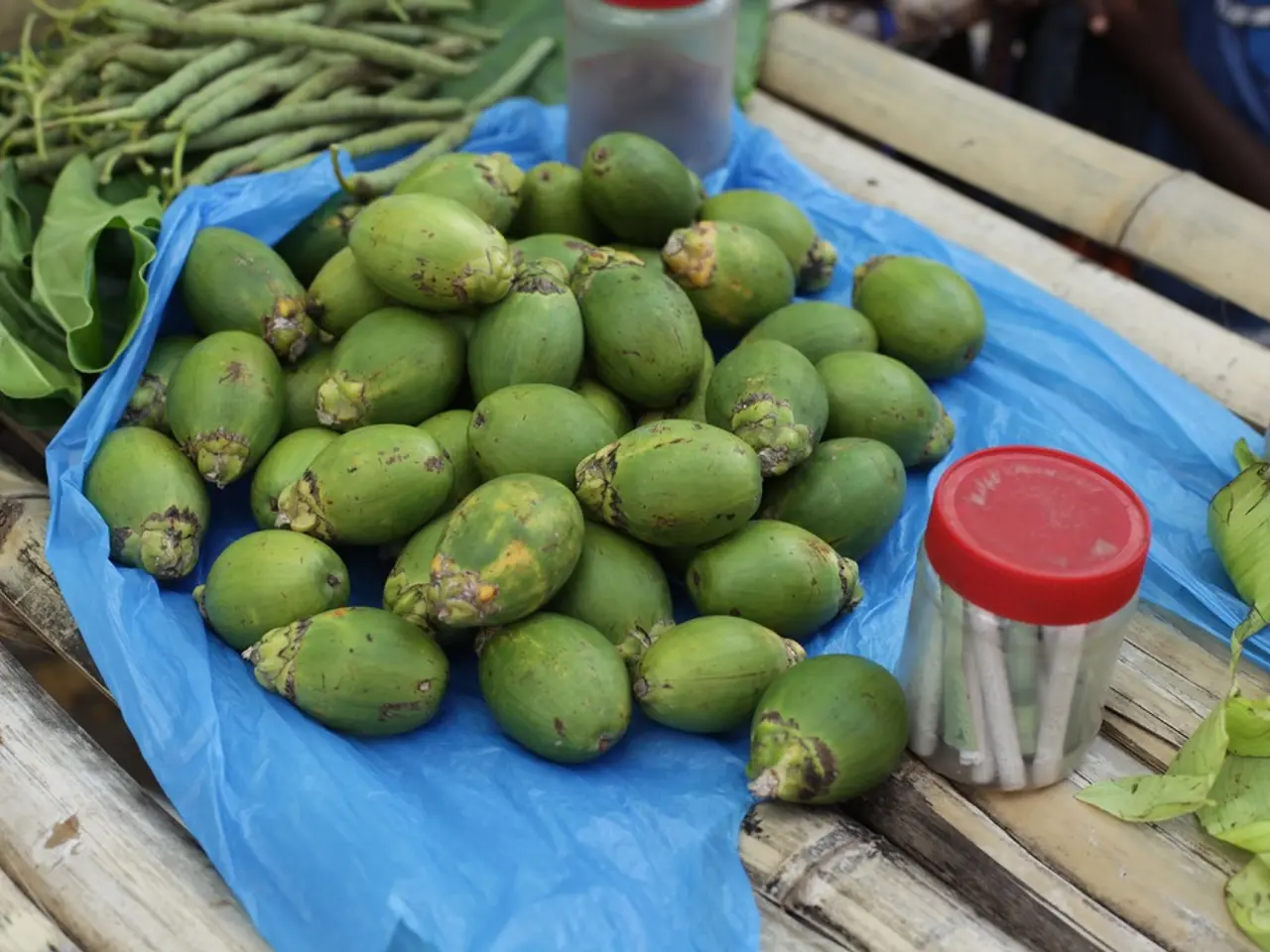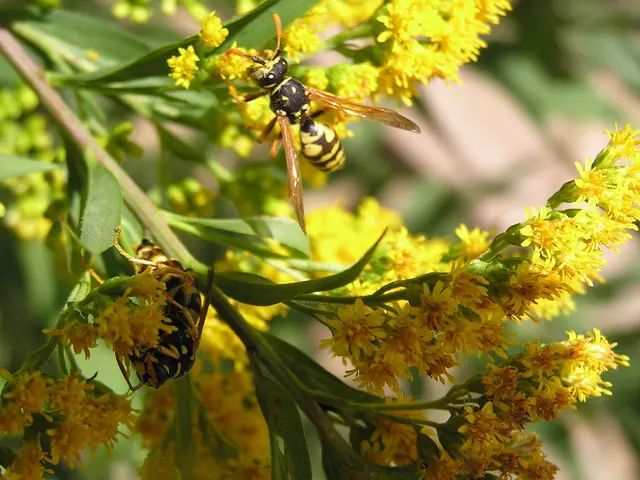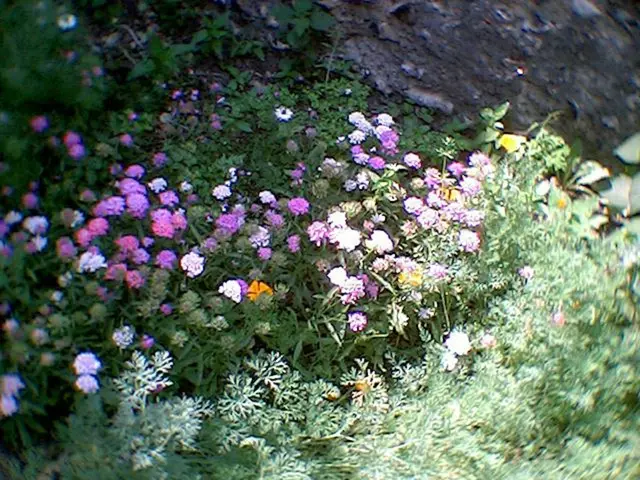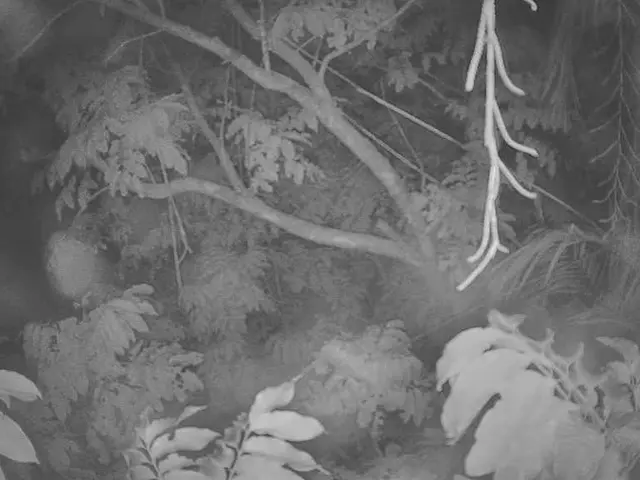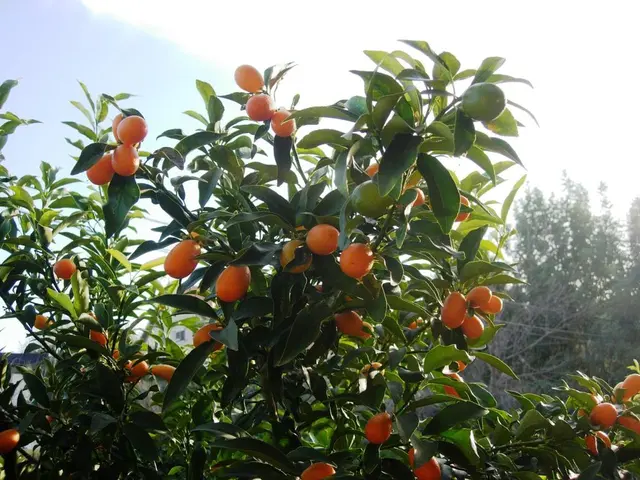The Transition of Many Gardeners to Peat-Free Compost - And the Reasons Why You Should Consider It as Well
In the world of gardening, a humble substance known as peat moss has been a staple for many years. However, recent research has shed light on the significant environmental impacts of using peat moss, leading to a growing movement towards more sustainable alternatives.
Peatlands, covering just 3% of the world's land, store at least a quarter of the global soil carbon. Harvesting peat releases this stored carbon dioxide, a greenhouse gas responsible for climate change, into the atmosphere. This contributes to climate change, with degradation of peatlands in the UK alone accounting for around 4% of annual greenhouse gas emissions.
Peatlands are not only crucial carbon sinks but also unique and fragile ecosystems, home to a diverse array of plant and animal species. The harvesting process often results in the destruction of these native species, many of which may never recover. Moreover, stripping peat bogs disturbs and destroys these valuable ecosystems, which are vital to the environment as a whole.
Despite these effects, peat is still widely used in gardening compost, particularly in the UK. However, the tide is turning, with alternatives like cocopeat (coir peat) gaining popularity. Cocopeat, made from coconut husks, is biodegradable, environmentally friendly, and provides a sustainable growing medium that promotes better root aeration and nutrient absorption.
Other soil amendments can be used based on plant needs, such as composted plant residues, which improve soil structure and fertility without the environmental costs of peat extraction. Peat is naturally acidic and beneficial for acid-loving plants, but alternatives like compost, cocopeat, or other organic matter can often fulfill similar roles.
In summary, while peat moss has long been a go-to for gardeners, its environmental impacts are severe and largely negative. Sustainable alternatives like cocopeat offer a more eco-friendly solution, reducing carbon emissions and promoting sustainable agriculture. As awareness grows and campaigns to ban horticultural peat continue, it's clear that the future of gardening lies in these more sustainable practices.
Sources: [1] BBC News, "Peat-free compost: Government to ban sale of peat to gardeners by 2024," 2022. [2] The Guardian, "Cocopeat: the sustainable alternative to peat," 2021. [3] The Conversation, "Why peat bogs are so important to the environment," 2020. [4] RHS, "Compost and Soil Improvers," 2022. [5] Garden Myths, "The Truth About Peat Moss," 2021.
Science reveals the detrimental effects of climate-change on peatlands, with their destruction contributing to greenhouse gas emissions. Environmental-science emphasizes the importance of peatlands as unique ecosystems, housing various plant and animal species. In the realm of gardening and home-and-garden practices, sustainable alternatives like cocopeat are emerging as eco-friendly alternatives to traditional peat moss.
